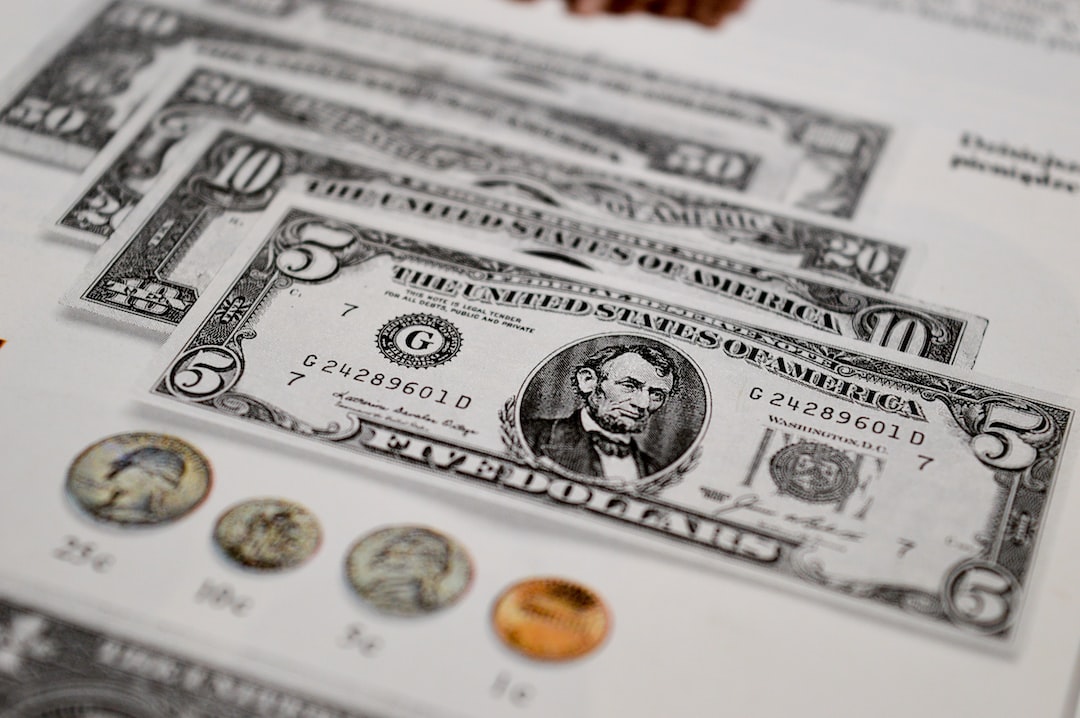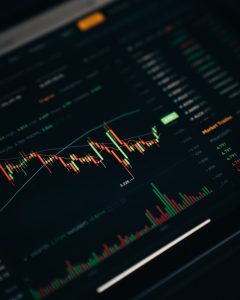Forex trading is one of the largest financial markets in the world, with a daily trading volume of over $5 trillion. Trading in this market involves buying and selling currencies in pairs, with the aim of making a profit from the fluctuations in exchange rates. Forex brokers are intermediaries that connect traders to the forex market, and they make money by charging a spread on each trade executed by their clients. In this article, we will explore how brokers make money on spreads forex.
What is a spread?
In forex trading, a spread refers to the difference between the bid price and the ask price of a currency pair. The bid price is the price at which a trader can sell a currency pair, while the ask price is the price at which a trader can buy a currency pair. The spread is the broker’s commission for executing the trade, and it is usually expressed in pips.
For example, if the bid price for EUR/USD is 1.2000 and the ask price is 1.2005, the spread is 5 pips. This means that a trader who buys EUR/USD at the ask price of 1.2005 will have to sell it at the bid price of 1.2000 to make a profit, which represents a loss of 5 pips.
How do brokers make money on spreads?
Brokers make money on spreads forex by offering their clients a buy-sell spread that is wider than the interbank spread. The interbank spread refers to the spread between the bid and ask prices offered by banks and other financial institutions in the forex market. The interbank spread is usually very tight, ranging from 0.1 to 0.5 pips for major currency pairs such as EUR/USD, USD/JPY, and GBP/USD.
By widening the spread, brokers create a profit margin for themselves. For example, if a broker offers a spread of 3 pips on EUR/USD, and the interbank spread is 0.5 pips, the broker earns a profit of 2.5 pips on each trade executed by their clients.
Brokers also make money on spreads forex by adjusting the spread based on market conditions. When the market is volatile, spreads tend to widen to reflect the increased risk and uncertainty. Brokers may also widen the spread during news announcements or events that can impact currency prices.
In addition to spreads, brokers may charge other fees and commissions, such as overnight swap fees, account maintenance fees, and withdrawal fees. These fees can add up over time, and they contribute to the broker’s overall revenue.
Are wider spreads always bad for traders?
Wider spreads can be a disadvantage for traders, as they increase the cost of trading and reduce the potential profit margin. However, wider spreads can also be a reflection of the broker’s quality of service and execution speed. Brokers that offer faster execution and better order fills may have tighter spreads than brokers that have a slower execution speed or unreliable order fills.
Traders should also be aware of the difference between fixed and variable spreads. Fixed spreads remain constant regardless of market conditions, while variable spreads can change based on the volatility and liquidity of the market. Variable spreads may be wider during periods of high volatility, but they can also be narrower during periods of low volatility.
Conclusion
In conclusion, brokers make money on spreads forex by offering their clients a buy-sell spread that is wider than the interbank spread. Brokers adjust the spread based on market conditions, and they may also charge other fees and commissions. While wider spreads can be a disadvantage for traders, they can also be a reflection of the broker’s quality of service and execution speed. Traders should be aware of the difference between fixed and variable spreads, and they should choose a broker that offers competitive spreads, reliable execution, and transparent pricing.






